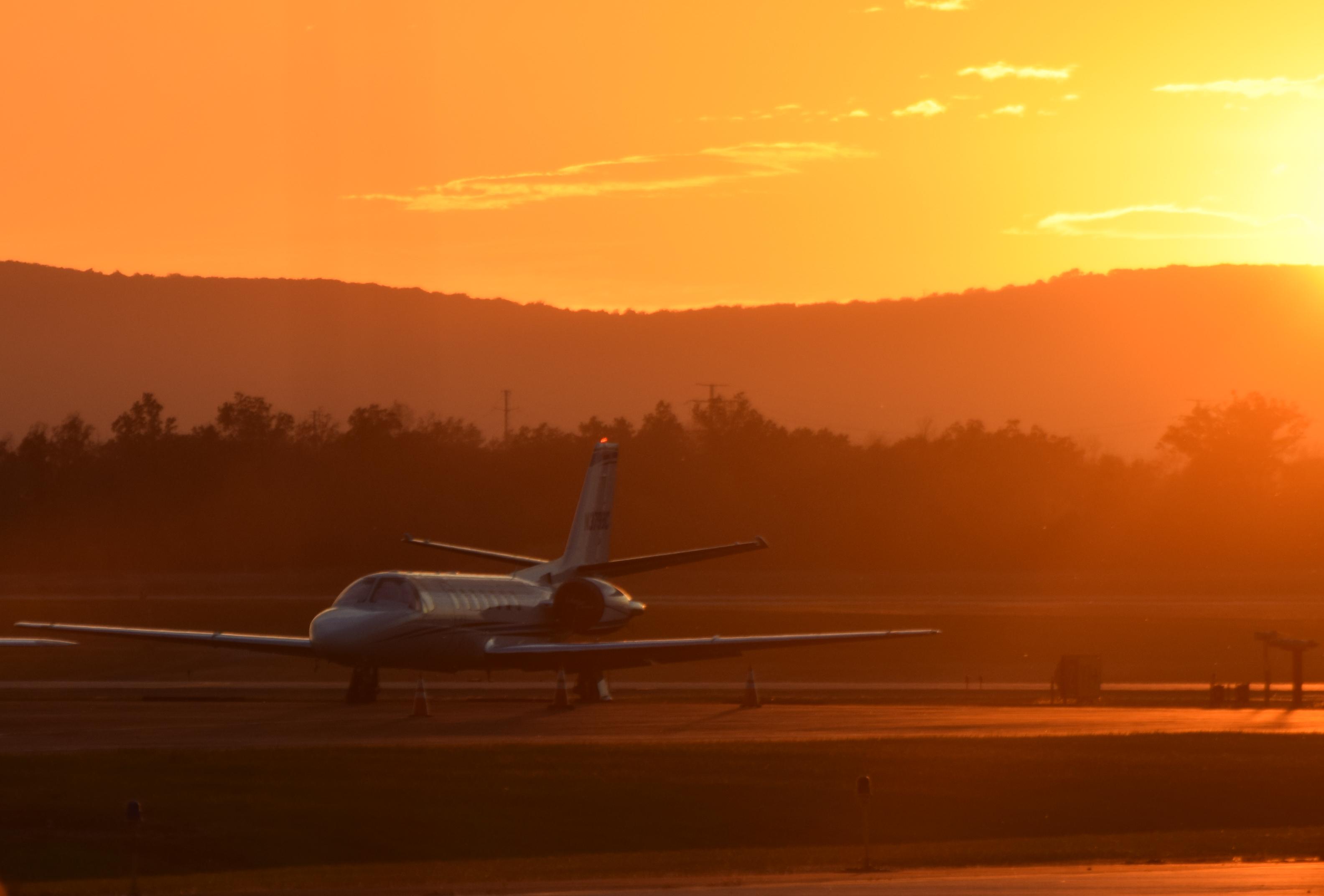
Like every other sector of the UK economy, the business-aviation community is anxiously awaiting clarity on how Brexit will impact operations.
During a media round-table held on the margins of the British Business and General Aviation Association’s (BBGA) conference in March—before transport minister Grant Shapps told Aviation Week editors that the UK government’s intention was to withdraw from membership in the European Aviation Safety Agency (EASA)—several hopes and fears about the future relationship were outlined.
“As a lawyer, I’m seeing the consequences of Brexit,” says Aoife O’Sullivan, a founding partner at The Air Law Firm, and chair of the BBGA. “We have been restructuring and getting clients ready. What has shocked me to the core is the amount of people who didn’t get ready [during the two failed attempts for the UK to leave the EU, in March and October 2019]—who literally put their heads in the sand and figured, ‘It’ll all work out fine, I’m sure.’”
That said, even those operators who were acutely aware of the impending deadlines and keen to put mitigations in place were not always able to do anything.
“We weren’t burying our heads in the sand—there were no rules,” says Alex Durand, CEO of Saxonair, a charter and support-services operator based at Norwich Airport. “We operate jets and helicopters, and an FBO: and from an operational landscape, it’s terrifying. Our business could have fallen off a cliff in March, and again in October. We didn’t know what was going to happen.”
Clarity, both O’Sullivan and Durand say, is of paramount importance between now and the end of the year, when the current transition period will end and, whether a deal is agreed with the European Union or not, the UK will leave the EU. Key issues surround the ability for UK-headquartered charter providers to continue to operate internal flights within Europe; and achieving reciprocal recognition of safety and other certifications.
“Whatever the situation, we cannot be left with no time to plan,” Durand says. “Even with some negotiating, we’re obviously going to have restrictions on how we operate within Europe. That’s going to be yet another material challenge to our business model. But as long as we’ve got time to plan, there’s a chance. There’s a very, very good safety model in place. Let’s not accidentally take that apart.”
David Kendrick, head of airline licensing and consumer issues at the Civil Aviation Authority (CAA), is optimistic that his agency will be able to offer effective and sufficient support to the sector from Jan. 1, 2021 onwards.
“As an organization, the CAA did many of the things that we passed on to EASA, and indeed we have supported EASA for a long period of time through a support contract directly with our own staff appearing within that organization,” he says. “Many of the things in the EASA firmament are very much British or CAA suggestions.
“The CAA has never lost the capacity to do things, so we don’t need to rebuild capacity,” he continues. “What we might need to do is beef up what actually was already within the organization itself. That doesn’t mean to say that you don’t want to be co-operative, because very little these days is not done on a co-operative basis, and that’s not just at the European level. Quite a lot has been done [during the preparations for the previous two failed attempts to leave], and ironically on each occasion we were helping our European counterparts, because it was in all our collective interest to work our way through some of these difficulties.”
Nevertheless, Kendrick concedes that new processes will take time to bed down, and during the initial phase of the UK’s secession from the EU, businesses will have frictions to overcome.
“Not all the difficulties have been resolved, and there are some that are quite hard,” he says. “Some weren’t actually resolved within the system now, so our being on the outside doesn’t necessarily mean there’s a panacea for them. I suspect that where we want to [get to] is not going to be done in the course of this year. We will get a proportion of that. Will it be exactly the same as now? No, it will be different—maybe worse in some areas, and maybe slightly better in some others. Three years from now, it will be a completely different position than at the end of this year.”
O’Sullivan recalls the situation that arose ahead of the March and October deadlines, where clarity over the import status of privately owned aircraft was unavailable until very late in the process, and her firm was having to advise owners not to fly in to the UK or the EU for an indefinite and unspecified period if they wished to avoid potentially significant tax bills.
“Aviation must be dealt with quickly and efficiently, because it’s huge,” she says. “But what I’m very nervous of is that we will yet again be [left without certainty] at the 11th hour.”





